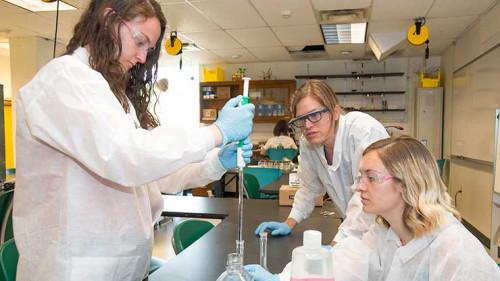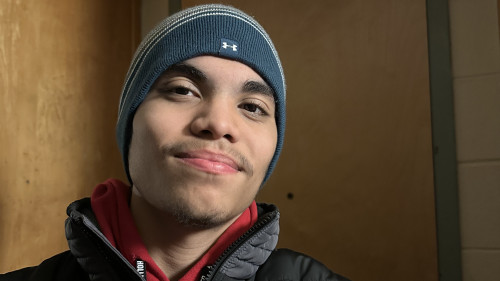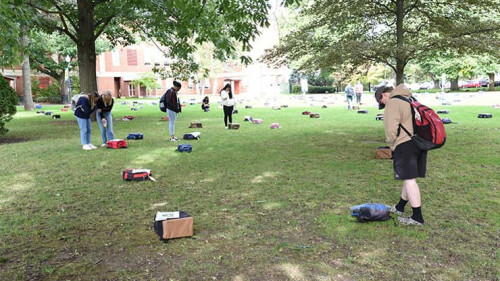
By Mary Barrett '14
Siena students have been able to witness philosophy come to life through a course known as the Symposium on Living Philosophers. During this course, a small group of Siena College students work with professors and an external scholar to study the work of a philosopher who they are then able to meet and interact with.
This year’s philosopher was Judith Butler, Ph.D. She delivered a free, public lecture titled “Vulnerability and Resistance” inside Siena’s Sarazen Student Union.
“If there is such a thing as a philosophy rock star, Judith Butler is that,” said Assistant Professor of Philosophy Fanny Soderback, Ph.D.
Butler is the Maxine Elliot Professor of Rhetoric and Comparative Literature at the University of California, Berkeley. Butler is also Visiting Tam Mellon Professor of the Humanities at Columbia University and Hannah Arendt Chair at the European Graduate School. Her work on feminism, psychoanalysis and ethical and political theory has fundamentally shaped much philosophical and political discourse over the last several decades.
“Judith Butler is a living philosopher in the true sense of the term.” Soderback said, adding that even the prospect of teaching a full-year course on Butler was thrilling to her.
Butler has published almost twenty books on topics ranging from war, torture and vulnerability, to gender, sexuality, power and disability. Her work resonates with Siena’s commitment to diversity and social justice, as well as its focus on relationships between people.
Butler spoke not only with this class but with packs of students and community members who gathered to hear her lecture. She discussed three main issues including bodily vulnerability, coalition and street politics.
“We spend so much time engaging with her written materials that hearing her string her ideas from a variety of her works together in a talk is really interesting,” said political science major Colin McFarland ’14. “To be able to ask questions to the ‘rock star’ of philosophy and get original and live feedback is an opportunity most people will never get to have, so I am grateful for that.”
Students in the Symposium were also able to interact with Butler as they presented their research on her work during a student panel.



